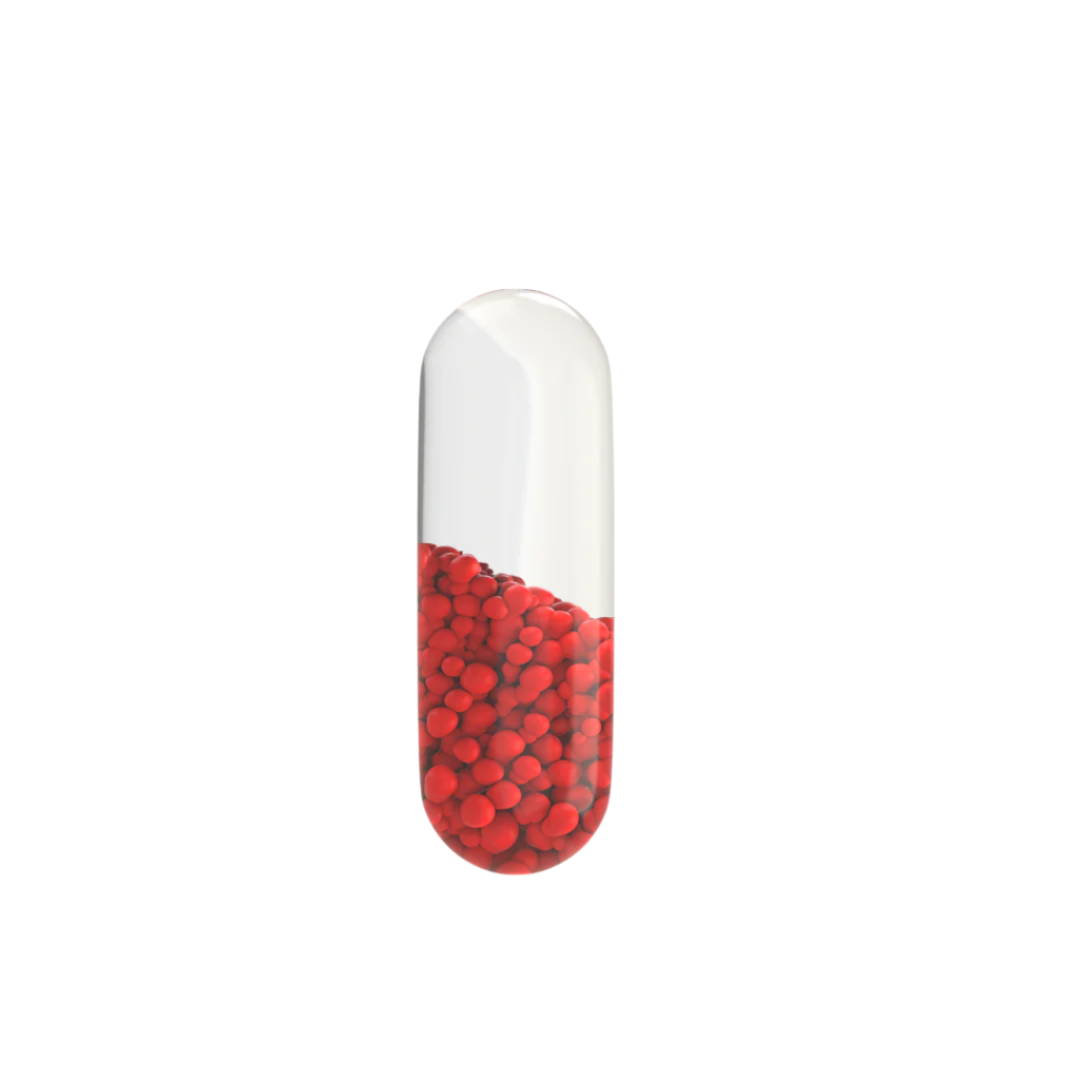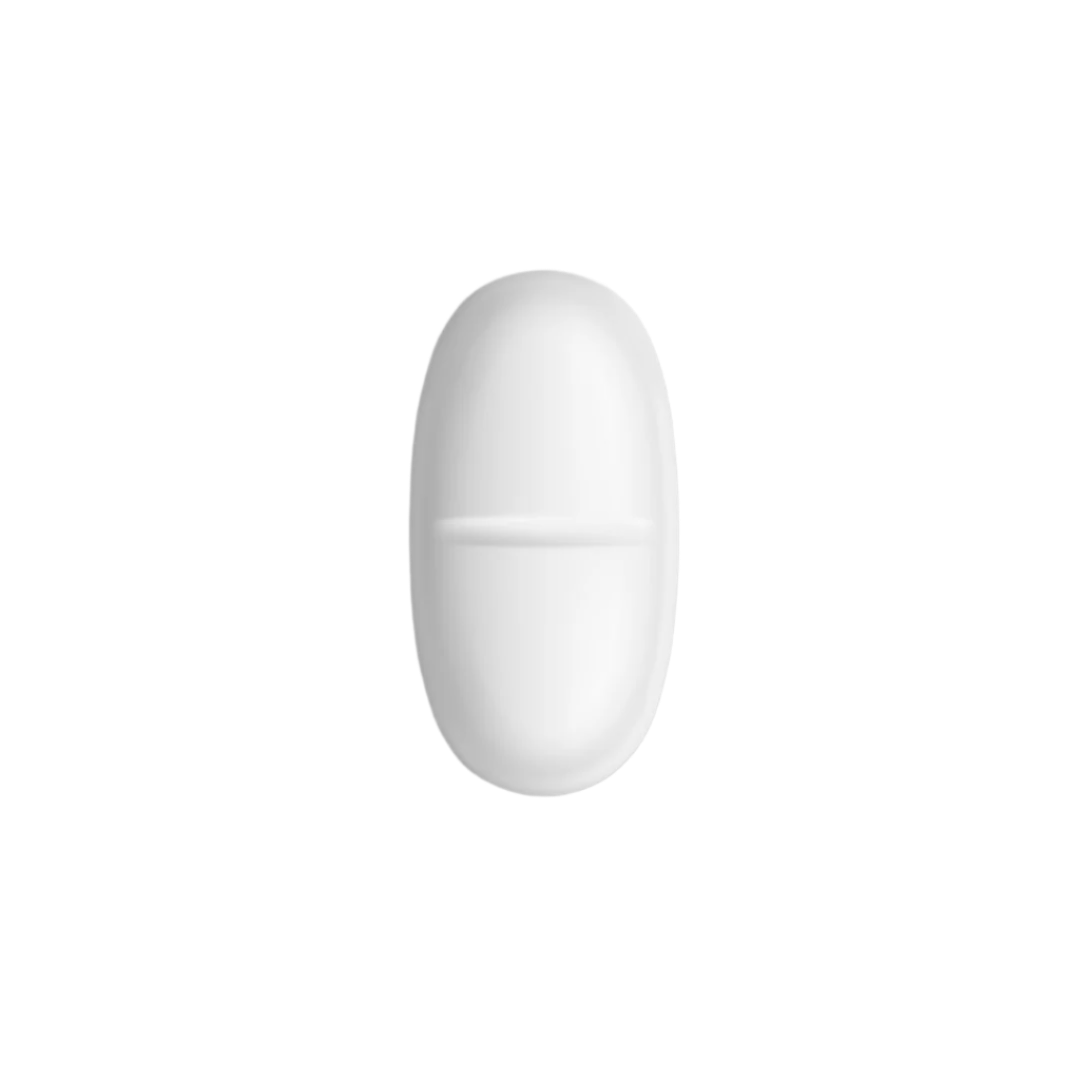Reflecting on Sleep in 2023: The Year in Review and Lessons for Synchronizing Your Inner Clock to Your Lifestyle Introduction

The importance of the inner cycle in the ever-changing environment of health and well-being cannot be overstated. As we say goodbye to 2023, it's important to consider the year's sleep trends and challenges. More importantly, we'll look at useful tips for syncing your internal clock with your lifestyle, focusing on the powerful influence of the circadian rhythm. Join us on this trip as we investigate the science of better sleep, novel techniques, and the transforming effect of BSYNC®'s cutting-edge galenic formulations.
The State of Sleep in 2023

Sleep Trends and Challenges
Sleep has been a prominent subject in discussions about health and well-being in 2023. The fast-paced, technologically driven lifestyle has created new obstacles, with sleep disorders and disruptions becoming more common. According to recent statistics, a sizable section of the population suffers from sleep-related difficulties that impact both physical and mental health.
Modern life's nonstop nature has resulted in a separation from natural circadian rhythms. Our bodies, which are finely tuned to the sun's cycle, are now being disrupted by artificial lighting, irregular sleep habits, and constant screen exposure. This misalignment frequently causes sleep disruptions, affecting our ability to wake up feeling refreshed and energized.
Tips for Synchronizing Your Inner Clock

Maintain Consistent Sleep Patterns
The creation of consistent sleep habits is the foundation of syncing your internal clock. Our bodies thrive on consistency, and sticking to a consistent sleep-wake pattern helps to sustain the natural circadian cycle. Even on weekends, aim for a consistent bedtime and wake-up time to help your body's internal clock and encourage more restful sleep.
Make a Sleep-Friendly Environment
It is critical to create an environment conducive to quality sleep. Make your bedroom a restful haven by eliminating noise, managing lighting, and maintaining a suitable temperature. Invest in blackout curtains to block out external light and think about using white noise machines or earplugs to block out noises that could interrupt your sleep cycle.
Embrace Relaxation Techniques
Incorporating relaxation techniques into your pre-sleep routine helps communicate to your body that it is time to unwind. To relieve the tensions of the day, engage in activities such as deep breathing, meditation, or gentle stretching. Calming activities such as reading a book or having a warm bath might signal to your body that it is entering a state favorable for peaceful sleep. Check out our article A Guide to Morning Meditation for useful tips on how to include meditation into your daily routine.
Limit your screen time before bed
The pervasiveness of screens in our daily lives can unintentionally disrupt our circadian rhythms. The blue light emitted by phones, tablets, and computers disrupts the generation of melatonin, a hormone essential for sleep regulation. Limit your screen time at least an hour before bedtime to give your body time to naturally wind down and prepare for a restful night.
Integrate B・SYNC ON to your routine

For those seeking an extra layer of support in synchronizing their inner clock, strategically integrating B・SYNC ON into your daily routine can be a game-changer. By leveraging the power of carefully selected ingredients, B・SYNC ON empowers consumers to take control of their wake-up process. When you take B・SYNC ON at bedtime, it waits until you’ve had a full night’s sleep before starting to release energizing nutrients shortly before you wake up. You’ll wake up gradually and effortlessly, and enjoy lasting benefits throughout the day. This is about a holistic approach to well-being that starts with the first rays of the morning sun.
Real Stories, Real Impact
To appreciate the genuine impact of B・SYNC ON's approach, let's look at real-life reviews from people who have adopted this original solution. Their experiences shed light on the transforming effect of synchronizing the circadian clock, which eventually leads to restorative sleep and a peaceful wake-up.

“I'M NOT A MORNING PERSON AND NEVER HAVE BEEN.”
But there are these days when I just really need to be fresh and quick in the morning. Mostly to be able to catch an early flight or prepare for important meetings. That’s when I use B・SYNC ON and it’s a game changer. Love it!
“A friend of mine recommended B・SYNC ON to me, and I must say, it has made a noticeable difference in my mornings. I often struggled with finding the motivation to start my day. It was frustrating and left me feeling unproductive. Since incorporating B・SYNC ON into my daily routine, I have noticed very positive changes. I had some concerns about whether it would deliver on its promises, but I must say it literally changed my mood in the morning."
Physical activity should be prioritized
Regular physical activity not only improves general well-being but also helps to promote healthy sleep patterns. Moderate physical activity during the day can assist in regulating circadian rhythms and enhance sleep quality. Avoid vigorous exercise close to bedtime, since it may have a stimulating effect that interferes with your ability to fall asleep. Take a look at our article How To Can Become a Morning Workout Person for some useful tips.
Mindful Nutritional Choices
Our sleep habits can be influenced by the things we eat. Choose a well-balanced diet rich in sleep-supportive minerals including magnesium, tryptophan, and B vitamins. Big meals close to bedtime might cause sleep disruption.
Monitor and Adapt
Finally, efficient inner clock synchronization requires constant observation and adaptation. Pay attention to how your body reacts to various sleep strategies, and adapt your schedule as needed. Keep a sleep journal to analyze patterns, identify potential sleep disturbance triggers, and celebrate accomplishments on your way to a more synchronized and restful sleep experience.
By adopting these suggestions into your daily routine, you can actively contribute to the synchronization of your internal clock, paving the way for restful nights and energized mornings. Remember that the key is a combination of lifestyle changes, mindfulness, and, when necessary, the support of innovative solutions such as B・SYNC ON wake-up capsules. Sweet dreams and a refreshed awakening await those who prioritize the delicate dance of their inner clock.
Looking Ahead: Future Trends in Sleep Science

Embracing Wearable Technologies
Wearables are taking center stage as the future of sleep science is linked with cutting-edge technologies. Wearable devices with powerful sensors can track a variety of sleep variables, offering users detailed insights into their sleeping habits. These gadgets enable individuals to make informed decisions regarding their sleep hygiene by recording sleep stages and detecting small changes in heart rate and activity.
Personalized Sleep Aids
Genetic research advances are paving the way for tailored sleep remedies. Scientists are deciphering the complex genetic elements that determine a person's circadian rhythm and sleep preferences. This greater understanding enables the creation of individualized therapies, ensuring that sleep solutions are not one-size-fits-all. In the future, individualized sleep schedules and therapies based on genetic findings may become commonplace.
Integration of Artificial Intelligence
The subject of sleep science is about to be transformed by artificial intelligence (AI). AI algorithms can mine massive databases for patterns and correlations that human researchers might miss. This analytical capability has the potential to provide new insights into sleep disorders, optimize sleep therapies, and improve our understanding of the complex interplay between sleep, genetics, and lifestyle factors.
Circadian Lighting Innovations
The effect of light on circadian rhythms is widely recognized, and future sleep science trends may see innovations in circadian lighting. Smart lighting systems that can modify color temperature and intensity dynamically throughout the day can emulate the natural cycle of sunshine. These systems are designed to improve circadian alignment by encouraging wakefulness throughout the day and gradually transitioning to calming, warm tones in the evening to promote better sleep.
Non-Invasive Sleep Improvement Techniques
Non-invasive ways for improving sleep are being developed. Neurostimulation, for example, is being investigated as a possible method of improving sleep quality without the need of pharmaceutical therapies. These strategies target particular neural pathways involved in sleep regulation, providing a fresh approach for people looking for alternatives to traditional sleeping aids.
Holistic Sleep Ecosystems
Sleep science's future promises complete sleep ecosystems that go beyond typical therapies. Collaborations involving sleep specialists, dietitians, fitness experts, and mental health professionals may be part of an integrative strategy. This holistic viewpoint recognizes the interrelated nature of sleep with other aspects of well-being, providing complete treatments that address the many elements influencing our sleep quality.
Ethical Considerations in Sleep Technology
As sleep technology advances, ethical considerations will become increasingly important. Data privacy, permission, and the proper use of technology to impact sleep behavior will all become hot topics in the sleep science field. The ability to strike a balance between the benefits of sophisticated sleep technologies and the protection of human privacy and autonomy will be critical in creating the ethical landscape of future sleep therapies.
Initiatives for Collaborative Research
Researchers, institutions, and businesses are likely to collaborate more in the future of sleep science. Large-scale research initiatives may emerge to combine resources and knowledge, speeding up progress in understanding sleep problems, generating effective therapies, and distributing useful information to the public. Collaboration will be critical in tackling the complex and multifaceted character of sleep-related disorders.
Finally, the future of sleep science is filled with intriguing prospects and developments that promise to reshape our approach to sleep health. The field of sleep science is primed for dramatic changes, from individualized therapies to the incorporation of cutting-edge technologies. Staying aware and engaged with developing trends will enable individuals to make proactive decisions that improve their sleep and overall well-being as we navigate this future. A new era in sleep science is on the horizon, offering a future in which the pursuit of a good night's sleep is seamlessly woven into the fabric of our daily lives.







